-
7
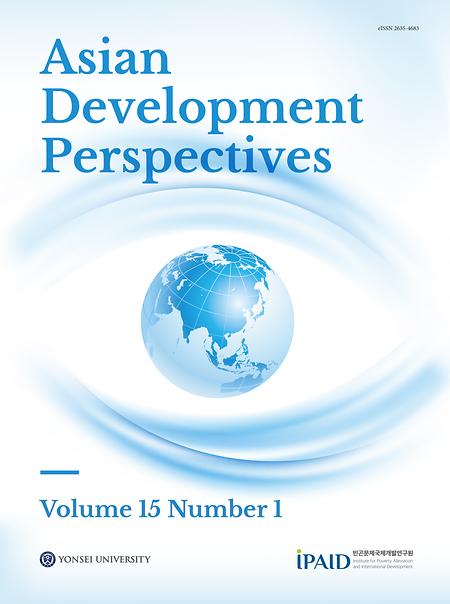
- No. 1 / (7) Prospective Teachers’ Awareness and Perception on Integrating Education for Sustainable Development
- Title_Prospective Teachers’ Awareness and Perception on Integrating Education for Sustainable Development: Basis for a Training Program Author_Ryan Paul V. Lagman, Rowel B. Patdu, Gicelle Joy I. Perello, Glenda C. Magno EdD Pages_83-99 Abstract_The world is in desperate need of mending after all of the anthropogenic destruction that humans have caused. The Philippine government has prioritized and pursued education for sustainable development (ESD) to address the country’s pressing environmental, social, and economic challenges. However, the integration of ESD into the curriculum is still deficient due to the fragmented nature of the current integration. While concerned agencies are in collaboration towards crafting curricula that will make environmental education a required elective subject in college, baseline data is needed to make actions, especially concerning ESD, data-driven and hence more targeted. Using descriptive research design, this study assessed the ESD awareness and perceptions of 181 randomly selected pre-service teachers (PSTs) in a state university in Central Luzon, Philippines. The study found that 90.1% of the respondents were aware of the importance of ESD. Furthermore, the respondents generally agreed with the integration of ESD in education and showed an average level of ESD knowledge and a positive attitude and behavior towards ESD concepts. No significant difference was observed in respondents’ ESD knowledge when they were clustered as to sex. However, male and female pre-service teachers had significantly different ESD attitudes. On the other hand, no significant difference was found between the male and female respondents in their ESD behavior. Finally, ESD knowledge was found to be significantly related to both ESD attitude and ESD behavior. Key findings were considered in developing an ESD training program specifically designed for pre-service teachers. Keywords_ESD knowledge, ESD attitudes, ESD behavior, Education for Sustainable Development, Pre-Service Teachers, ESD Awareness, ESD Perception
- IPAID 2024.07.19
-
6
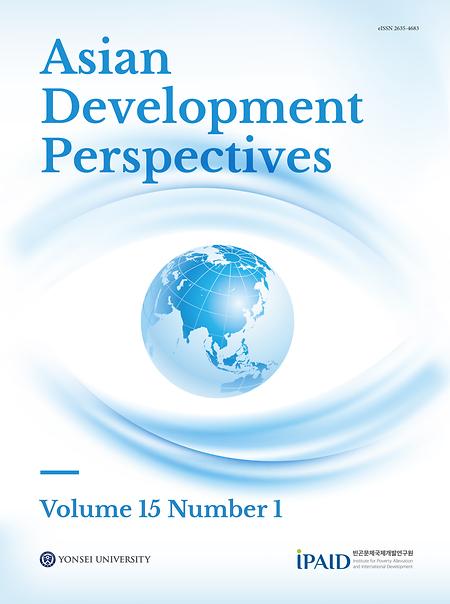
- No. 1 / (6) The Perceived Impact of E-Government on Government Effectiveness
- Title_The Perceived Impact of E-Government on Government Effectiveness: A South Korean Bureaucrats’ Perspective Author_Godfrey Mbabazi Pages_69-82 Abstract_Government effectiveness has long been a concern for scholars, organizations, and governments. Ineffectiveness in government operations often results in significant costs, particularly for the consumers of public services. This paper empirically examined South Korean public bureaucrats’ perception of the potential impact of e-government on government effectiveness. The analysis reveals that these bureaucrats believe internal e-government factors, such as ICT tools, IT management, and process innovation, significantly enhance government effectiveness. Furthermore, traditional components like business alignment and coordination are viewed as more critical to e-government success than technologically oriented factors like ICT infrastructure availability and skills. Interestingly, contrary to common belief, the study found no direct impact of political leadership, vision, goals, and business process reengineering (BPR) on e-government effectiveness. Keywords_E-government, government effectiveness, bureaucrats, perceived impact
- IPAID 2024.07.19
-
5
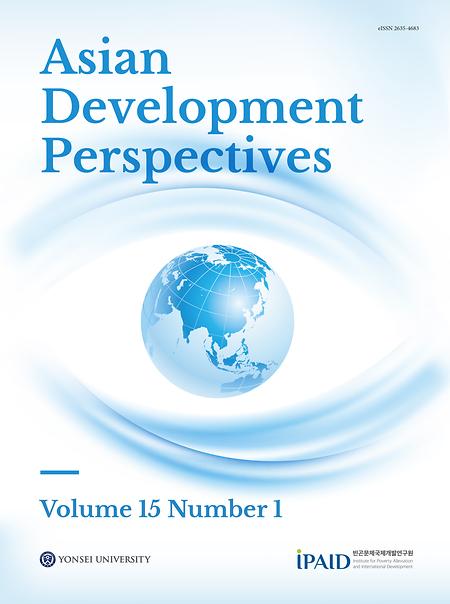
- No. 1 / (5) The Analysis of Green Open Space Policy in South Jakarta, Indonesia
- Title_The Analysis of Green Open Space Policy in South Jakarta, Indonesia Author_Rafa Nismara Dahayu and Erda Rindrasih Pages_54-68 Abstract_Green open space (GOS) refers to the areas of vegetation within urban environments, possessing a variety of functions beneficial for the environment, social, and economic aspects, necessary to coexist within urban realms. However, to establish the ideal GOS many challenges has been faced by some cities. Limtied attention has been given to the policy implementation of GOS, particularly in the mega city, such as Jakarta. Thus, the study of GOS policy is important to be conducted. This research aims to identify the status and challenges of the implementation of green open spaces in Jakarta, Indonesia. The study found that the current policies surrounding green open space in Jakarta and the provisions of parks in South Jakarta have not fulfil the ideals set by the mandated laws; this inability also highlights the challenges of the system management and devaluation of its existence due to the decreasing prioritization of government directives. Furthermore, this study underscores the progressions and attempts to improve the provisions of green open spaces, despite being incremental. Keywords_Green Open Space, Policy, Public Parks, Jakarta, South Jakarta
- IPAID 2024.07.19
-
4
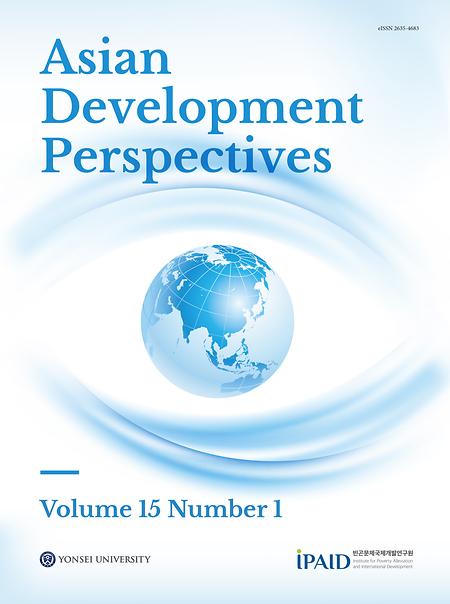
- No.1 / (4) The influence of the Republic of Korea’s national image on Consumers’ Purchase Intention
- Title_The Influence of the Republic of Korea’s National Image on Consumers’ Purchase Intention: Focusing on Perceptions of Youth in Malaysia Author_Kim, Yoomi Pages_44-53 Abstract_Malaysia is an emerging consumer market. It is a high-income country compared to neighboring Southeast Asian countries, and is geographically close to Korea. This study aimed to determine whether Korea’s national image affects the purchase of Korean products in Malaysia. To verify the research hypothesis, a survey was conducted with 100 university students in Kuala Lumpur, Malaysia’s capital. The subjects were university students with a relatively high education level, sensitivity to trends, and high purchasing power. Factor and correlation analyses were conducted based on the survey. As a result of the analysis, the factors were classified into three categories: political, economic, and socio-cultural. The results of the correlation analysis between the three factors and the intention to purchase Korean products were all significant; in particular, the economic and socio-cultural factors showed a high correlation. The study results indicated that promoting Korea’s positive economic and sociocultural image will be effective when entering the Malaysian consumer market. Keywords_National image, Purchase intention, Malaysia, Perception, Korea
- IPAID 2024.07.19
-
3
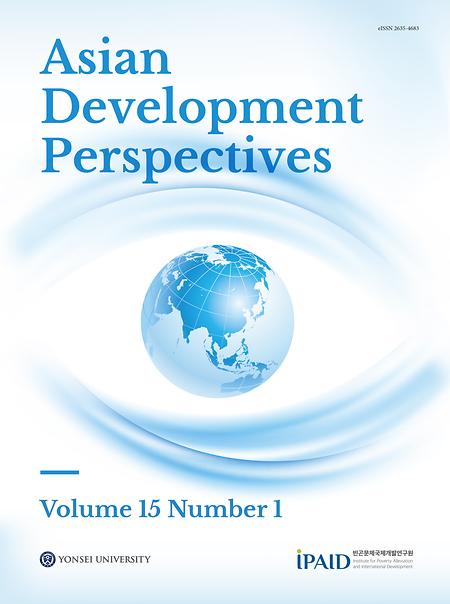
- No. 1 / (3) Impact Of Human Resource Management on Organizational Commitment of Higher Education Lecturers
- Title_Impact of Human Resource Management on Organizational Commitment of Higher Education Lecturers: A Case Study at Local Universities in the Northern Midlands-and-Mountainous Region of Vietnam Author_Hoang Anh Dao Pages_24-43 Abstract_The study was conducted to identify and measure the impact of human resource management on the organizational commitment of higher education lecturers in Vietnam. The research findings were collected through interviews and surveys of 223 lecturers working at local universities in the Northern midlands- and- mountainous regions of Vietnam. The qualitative and quantitative results indicated that five HRM factors, including recruitment, training and development, performance appraisal, compensation, and leadership, have a positive influence on lecturers’ organizational commitment to their universities. Among them, the training and development factor has the strongest impact while recruitment has the least influence. Based on this, the study proposed solutions to enhance the effectiveness of HRM practices to create high organizational commitment among lecturers to the university, and to retain and motivate talents for the development of the university and national higher education. Keywords_Human resource management, Organizational commitment, Higher education, Lecturer, Local universities
- IPAID 2024.07.19
-
2
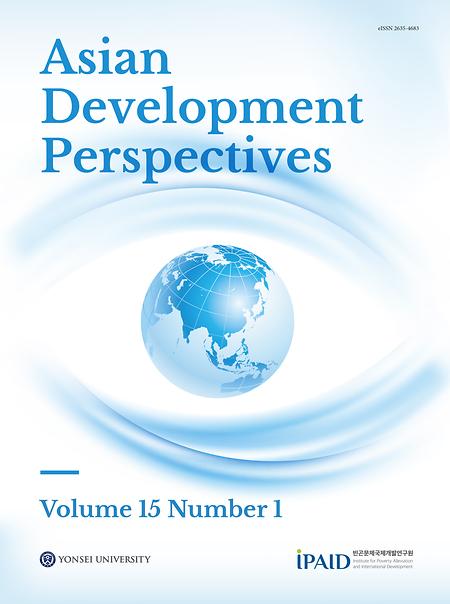
- No. 1 / (2) Assessing the Economic Efficiency of Transitioning from Conventional to Organic Methods
- Title_Assessing the Economic Efficiency of Transitioning from Conventional to Organic Methods for Orange Cultivation among Farms in Tuyen Quang Province, Vietnam Author_Do Hai Yen Pages_11-23 Abstract_This study aimed to assess the economic efficiency of transitioning orange cultivation from conventional to organic methods among orange farms in Tuyen Quang Province. Descriptive and comparative statistics were employed alongside surveys and interviews conducted with 60 orange farms. This sample comprised 30 farms utilizing conventional production methods and another 30 farms using organic methods. These methods were used to assess and compare the economic efficiency of organic orange cultivation with traditional approaches. The research findings reveal that using organic methods for orange cultivation yields superior economic efficiency compared to conventional approaches. Farms utilizing organic methods generate an income of 101,7 million VND per hectare per year, whereas those employing conventional methods earn only 63,6 million VND per hectare per year. Consequently, cultivating organic oranges proves to be 1.6 times more profitable than using conventional methods. Moreover, the study suggests several solutions for scaling up the organic orange cultivation model throughout Tuyen Quang province. Keywords_Economic efficiency, Organic farming, Organic oranges, Oranges production, Tuyen Quang Province
- IPAID 2024.07.19
-
1
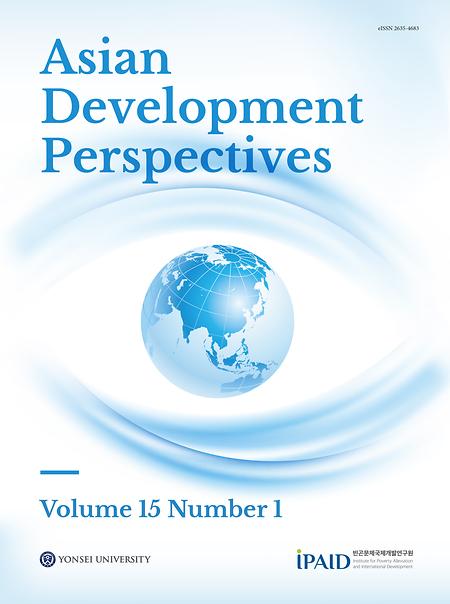
- No. 1 / (1) The Historical Construction the Ideas and Policies of U.S
- Title_The Historical Construction the Ideas and Policies of U.S. “Cultural Diplomacy” in the Framework of the “Good Neighbor Policy”: A Neoliberal Institutionalist Perspective Author_Yu Sun Pages_1-10 Abstract_The global dissemination of American culture in the twentieth century was an important source of the “soft power” of the United States. However, compared with European countries such as Britain and France, the U.S. federal government intervened in cultural dissemination affairs relatively late. From the theory of neoliberal institutionalism put forward by Goldstein and Keohane, it can be found that the emergence of American “cultural diplomacy” is a result of the change of American “worldview”, “principled beliefs” and “causal beliefs” in foreign relations. The concept of “cultural diplomacy” was embedded in the framework of American foreign policy along the path of institutionalization, forming the “Good Neighbor Policy”, which is the result of the reconstruction of American “worldview”, “principled beliefs” and “causal beliefs” in foreign relations in the 1930s. Under the “Good Neighbor Policy”, the Division of Cultural Relations and the Office for Cooperation in Inter-American Affairs were established, along with various a variety of cultural exchange programs. With the coming of World War II, the tension between cultural internationalism and cultural nationalism within the U.S. “cultural diplomacy” became increasingly prominent. Eventually, after Pearl Harbor, the U.S. federal government formally incorporated “cultural diplomacy” into the framework of its national foreign strategy, which also marked a shift in the concept and policy of “cultural diplomacy”. Keywords_“Good Neighbor Policy”, Historical construction, Neoliberal institutionalism
- IPAID 2024.07.19
